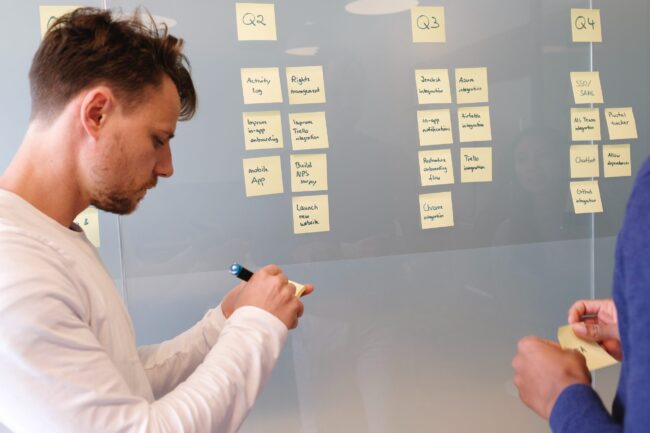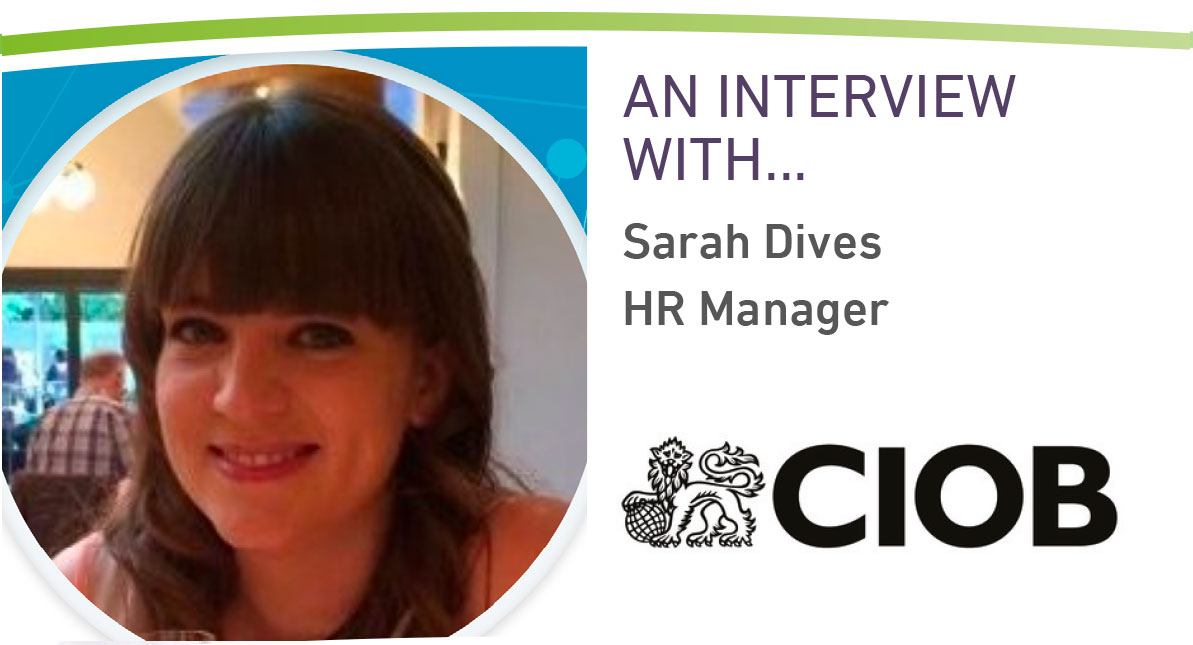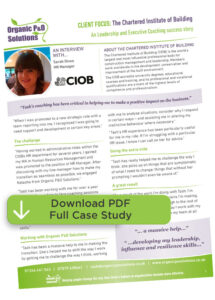The development of HR in a business often follows a similar pattern. Initially, it starts out as the part-time responsibility of a nominated team member – perhaps with specialist HR support via a telephone advice line to call on for guidance. As the business grows and takes on more staff, the role becomes full-time and is given to someone with basic HR experience.
But there will come a time when this solution is no longer able to cope with the scale and depth of the organisation’s HR needs, and external specialist HR support is needed. While very large organisations can afford to invest in creating a dedicated internal HR resource staffed by experienced professionals, this isn’t an option open to most owners of small and mid-size businesses.
So how do you know when your business is approaching the point when it needs to have access to external, specialist HR support?
It’s different for every business: there are no set rules around headcount, turnover or any other metric. Although it isn’t possible to predict when the time will come with any degree of accuracy, it’s sensible to look out for early indicators so you can be proactive and prepare.
Working with a wide range of clients has given us an insight into some of the more common signals that indicate a business may be nearing the point when external support is needed.
Here are five to look out for:
1. When a single issue seems to dominate & never gets resolved
Many clients we work with employ between 11-50 people. I’ve noticed that when the headcount reaches around 20 or so, a persistent HR issue can often emerge. It might be about virtually anything, but most often, it will relate to a particular individual, and it just won’t go away. Because no one is quite sure how to address it and decisions aren’t made about it, it becomes disproportionate to its size and a distraction to business as usual.
2. When your internal HR resource doesn’t have the solutions you need
As already mentioned, it’s common for HR to be just part of one person’s role in a smaller organisation – perhaps supported by an advice line for guidance on basic rules and procedures. The individual may have minimal HR experience – possibly even none – and expectations of responsibilities will likely be limited to admin.
This kind of arrangement can work perfectly well, but at some point, an issue will almost certainly arise to test the boundaries of current capabilities, and this is a critical moment on the HR journey.
We often find ourselves called in to assist a highly competent individual who’s done a solid job of handling HR up to this point but finds themselves unsure of how to advise the business owner on a complex issue. And why should they? They don’t have the training, experience or knowledge to be able to provide a bespoke solution.
Without the right advice, a business owner who might otherwise be great at engaging and building relationships with employees, can easily find themselves out of their depth, leading to a bad situation becoming worse.
3. When your advice line provides rules & processes – but not the answer
While your HR needs remain relatively simple, subscription-based advice lines can be a cost-effective way to supplement your internal HR resource. However, most of these solutions tend to provide rather generic advice. They are generally great at reiterating rules and regulations and detailing the correct procedures to follow in set scenarios. But their value can be limited in more complex situations which call for a more nuanced approach and where an in-depth understanding of the business dynamics and the personalities involved is needed.
“Our HR requirements have changed as our business and workforce have grown exponentially. While our HR subscription service was still useful for queries relating to junior staff and apprentices, we recognised that we needed help implementing the advice provided. In addition, the service was not robust enough to support our needs in relation to senior staff.” Pete Mills, MD, Pantera. Read full case study.
4. When the consequences of not following due process catch up with you
In a small organisation, it’s easy for HR processes not to be applied quite as strictly as they should be. Lack of time, lack of knowledge, nervousness and a desire not to ‘upset the applecart’ might all be reasons for letting some seemingly minor issues go unchecked.
You might tell yourself that something isn’t important – and on its own, it might not be, but if you don’t follow processes, it’s probably going to catch you up sooner rather than later. Cut an employee some slack because they always meet their target, and when they really step over the line, you’ll find communicating your message much more difficult than it needs to be. Because you’ve not had the right conversations along the way, the employee might not even realise they were getting close to a red line. If you don’t follow the correct process from the outset, relationships can deteriorate, impacting your business – and you won’t get to the point where either the employee complies or you’re within your rights to take formal action.
5. When your business experiences significant growth or change
A period of growth or change in a business can often put pressure on an internal HR resource – especially when it hasn’t been explicitly planned with a specialist HR support focus.
You’ll have a business plan setting out key goals and milestones, but opportunities might present themselves – an acquisition for example, that may lead to an unanticipated growth spurt, or a new contract or client win might require you to add to your skillset by taking on new talent. Both scenarios have the potential to upset the dynamics of a business if they’re not managed with care.
“Our long-term objective is to manage our HR function in-house, but in the meanwhile, we needed an HR professional to advise and support us – and to train our internal resource. Working with Organic P&O Solutions gives us the reassurance that we’re doing things the correct way”. Anthony Young, Director, Bridewell Consulting. case study.
Where Are You on Your HR Journey? Is it Time for Specialist HR Support?
Do you recognise any of the indicators outlined above? If you do, it’s time to have a conversation about supporting your HR resource with external, specialist HR support, expert help and advice. Wherever you are on your HR journey, whatever level of internal resource you already have in place, and whatever kind of HR issues you might have to address, we’d love to assist you in your next phase.
At Organic P&O Solutions, our service can be as flexible as you need, adapting to your changing needs as your business grows. Get in touch with us today for an initial chat.

















